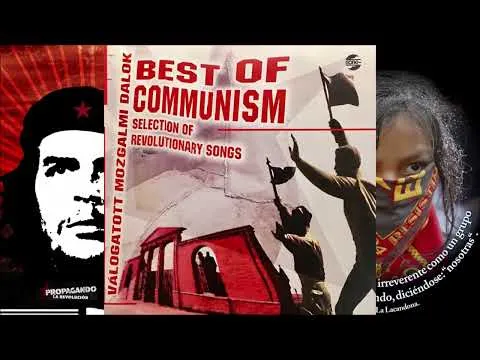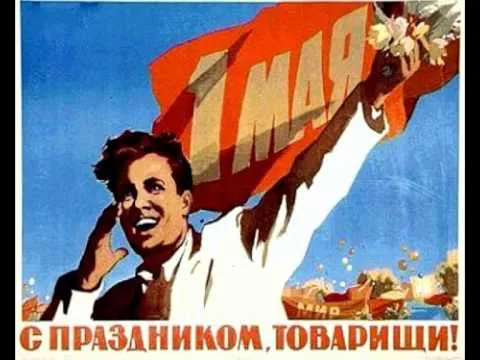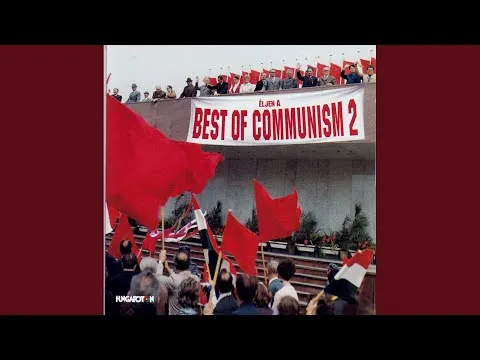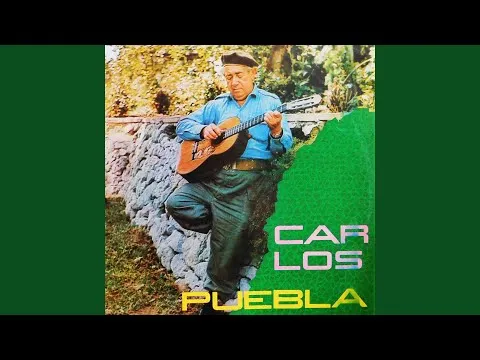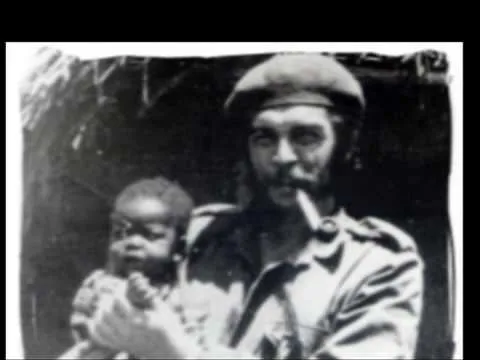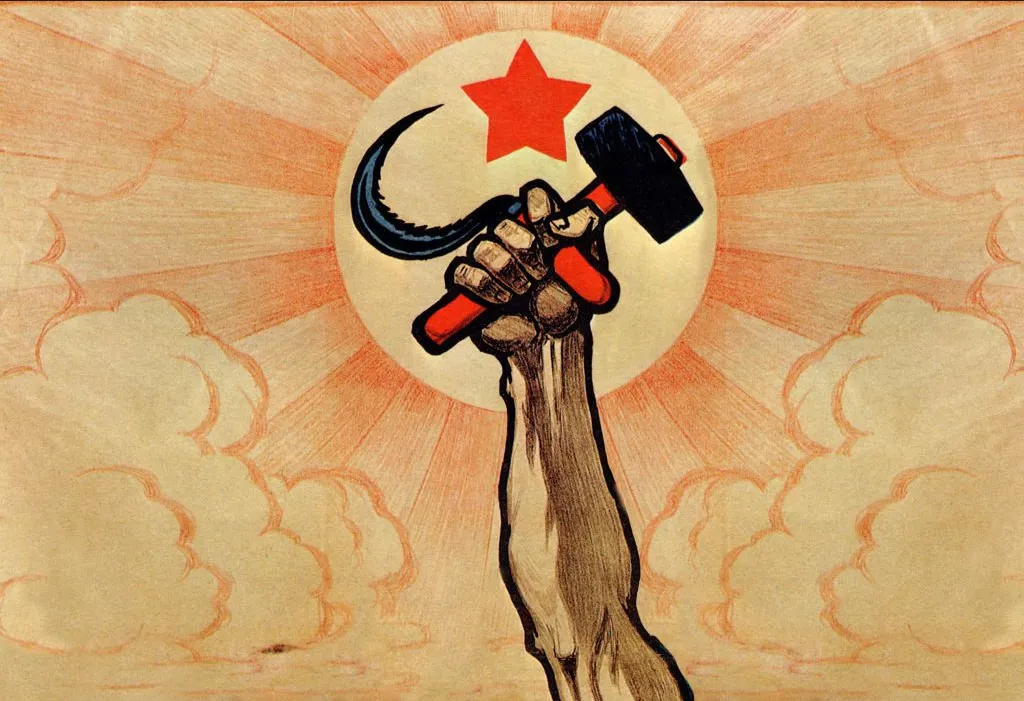There are some things that some people may be happy to simply forget. For my parents, and for most of everyone else in their generation, born in Hungary of the 1950's, this includes a certain musical direction. It was just as inescapable as all other aspects of the socialist system that made up their reality growing up: Red flags, First of May marches, obligatory participation in the Young Pioneer youth movement, and a slew of similar things that made them cringe when talking about them. For me on the other hand, who has barely experienced the tail-end of the socialism before it collapsed, these tales of a past era filled me with fascination and wonder. And yes, music was a huge part of it, capturing such a great variety of feelings, both positive and negative.
The Best of, The Greatest Hits, and the Most Striking Musical Legacy
It must have been somewhere in the nineties that I came across the album The Best of Communism, sold in the numerous tourist stalls, peddling all types of memorabilia and parodies of the recently passed socialist system. I bought it, just for fun, not knowing the eventual impact it would have on me. The tape was a collection of mixed songs, some of them from the early labor movement of the first half of the 20th century, others were anthems of various organizations from the height of the socialist system, and others were samples of pioneer songs sung by members of this youth organization.
When I showed it to my dad, he thought it was funny that these songs were turned into a nostalgia album, even though "nobody wanted to hear them any more", as he put it. Still, we had a great evening listening to them together, only once, while he would tell me personal stories related to them. Following that, however, he was done with them for good, not surprisingly. After all, he had been enduring them for a good three decades. For me, however, this was just the beginning of a weird relationship with these symbols of a past movement.
The Emotion of Being Fully Convinced of ... Something
You may think whatever you want about Communism and Socialism, in its theory or its practical implementation, but there is one thing that can't be denied: the music in this collection does have a certain impact on you (okay, at least on me). After all, a men's choir singing full of passion, accompanied by a large orchestra does have something powerful in it. I would even venture into saying that you don't need to understand the lyrics to feel the same things. Just out of curiosity I tried listening to some of these songs in Russian, and they all have the same effect on me: A strong feeling of being absolutely convinced about something... anything really! In a way, it's the perfect music to deal with episodes of fear, uncertainty, and doubt of any kind.
And thus it worked, most likely just as it was intended: whenever I put on these songs of the revolution, within minutes I was taken up by a strong euphoria, ready to take up a rifle, or at least a sledgehammer, and go out to pay some great sacrifice for the cause, whatever it may be. In practice, most often this ended up being some heavy physical work in a natural building project I was involved with. Depending on the occasion, the passion in the music even ended up seizing my fellow builders. Instead of pounding tires to punk-rock or various kinds of rasta music, we became working class heroes, proudly giving that extra bit without asking for any compensation. (Being volunteers, this itself became kind of a running gag.) However, things changed quite a bit when I tried to see if the same things would work in Spanish in the same way.
The Latin American Take on Socialism
Wanting to apply the same concept to a Latin American context, I first tried to look up these marches in Spanish. After all, the sole case of Cuba should be sufficient to find the same music in Spanish too. What I discovered, however, was something completely unexpected: there is so much more to be found! After all, Cuba has such a rich musical tradition that it would be surprising if this wasn't the case.
One musician that stuck out more than any other, is Carlos Puebla. A member of the old Trova movement, he first started out with typical boleros and love songs, but increasingly taking up more serious and critical themes against the Batista government, just before the revolution. After the Cuban revolution he continued on the same vein, which could also be heard in his music. The topics included such causes as the literacy program or the agrarian reform, as well as odes to the heroes of the revolution, such as Fidel Castro and of course the most famous one of all, el Comandante Che Guevara.
Unlike the Hungarian songs of the socialist movement, inspired by the Soviet Red Army choir renditions, Carlos Puebla's music is slow and quiet in its appearance. It doesn't have the same effect into inspiring me to do hard work, let alone fight. And that is by no means for lack of fiery lyrics! It's only that they are all embedded into this mellow Caribbean style, which has its own things that speak for it. It's certainly way more relaxing, and in my experience suitable for many more occasions than the aforementioned socialist marches. In either case, any kind of music is worth keeping from getting lot and forgotten, and that includes these songs, even if they support causes one may not be completely behind.

